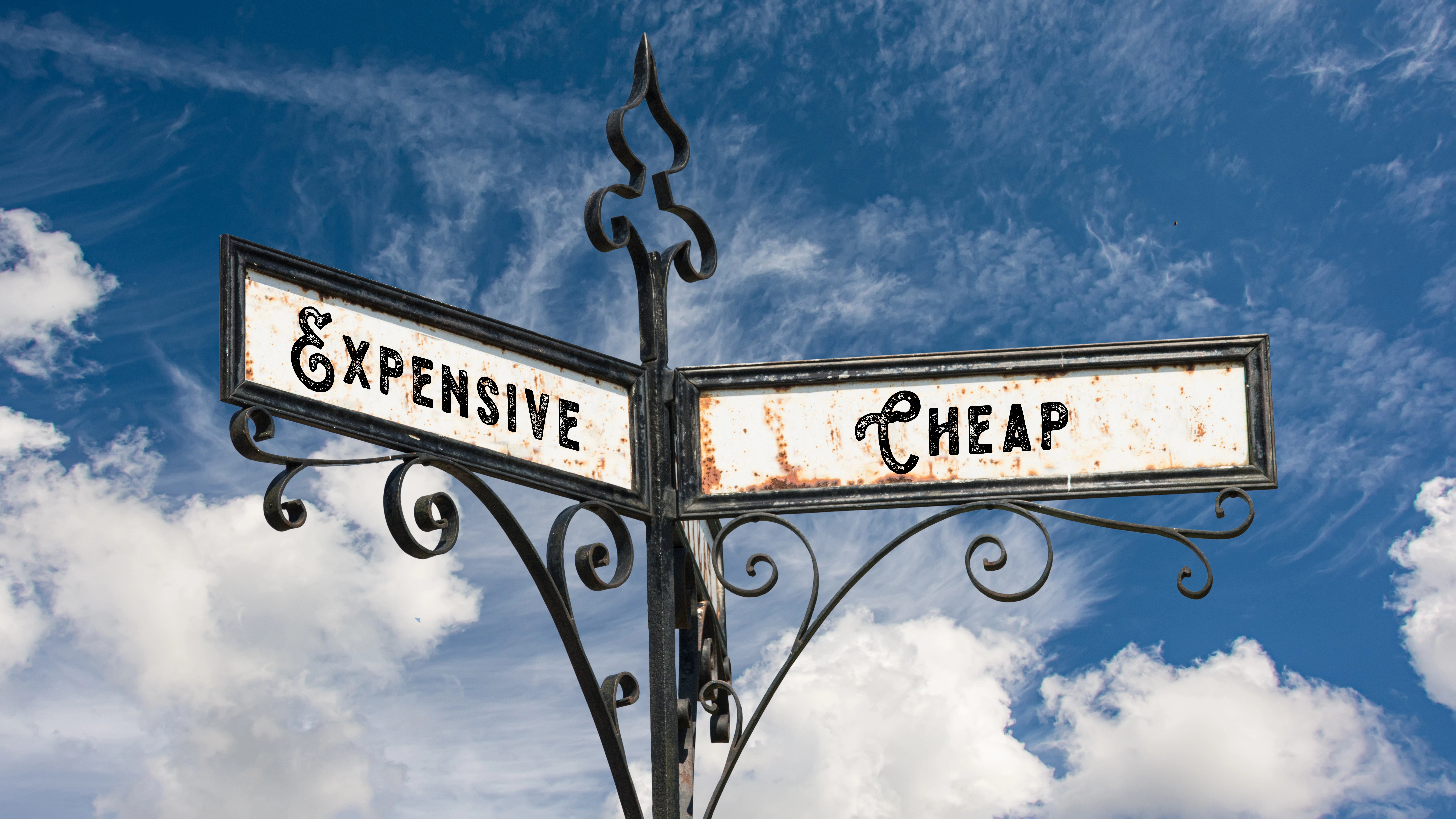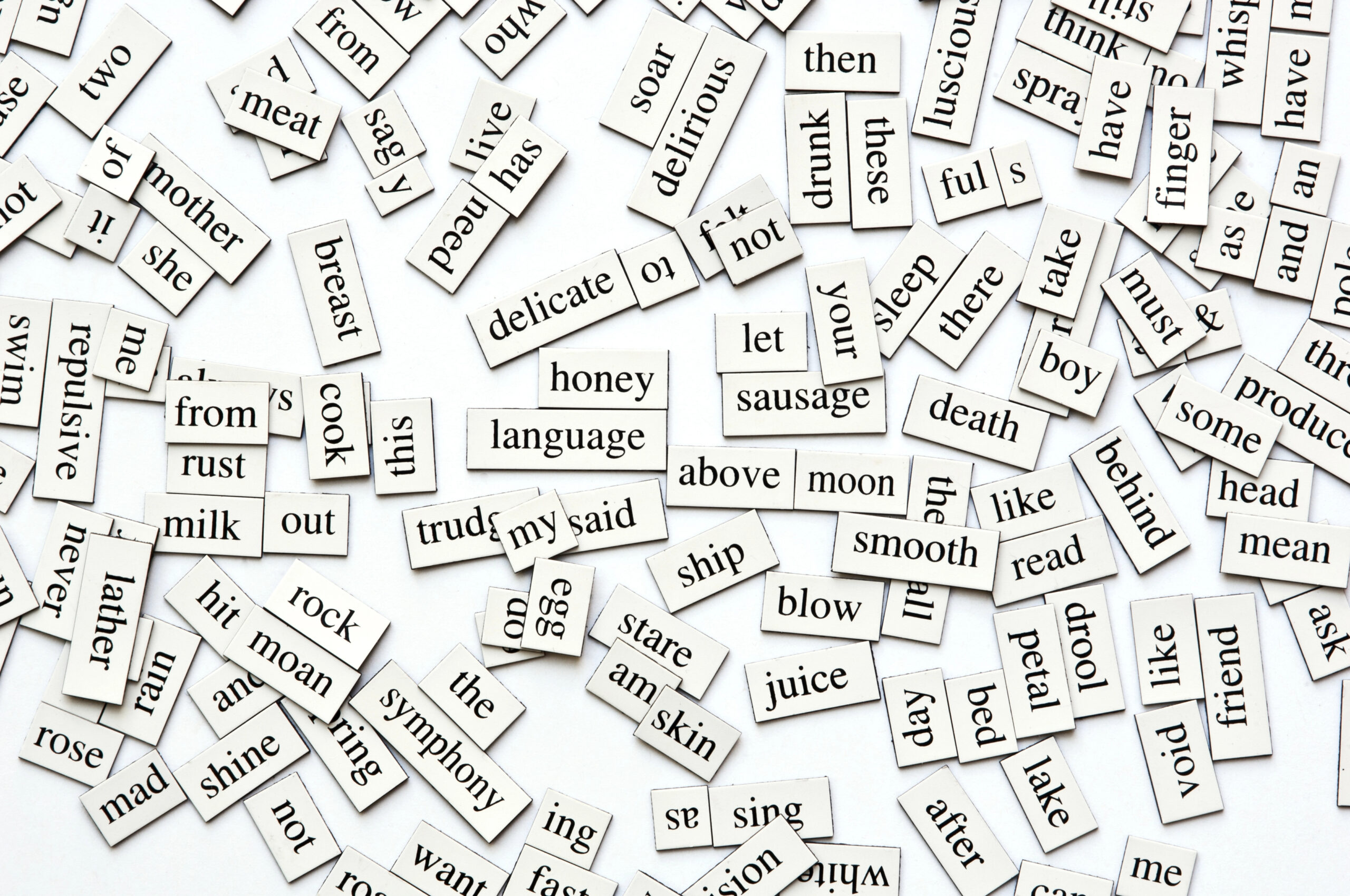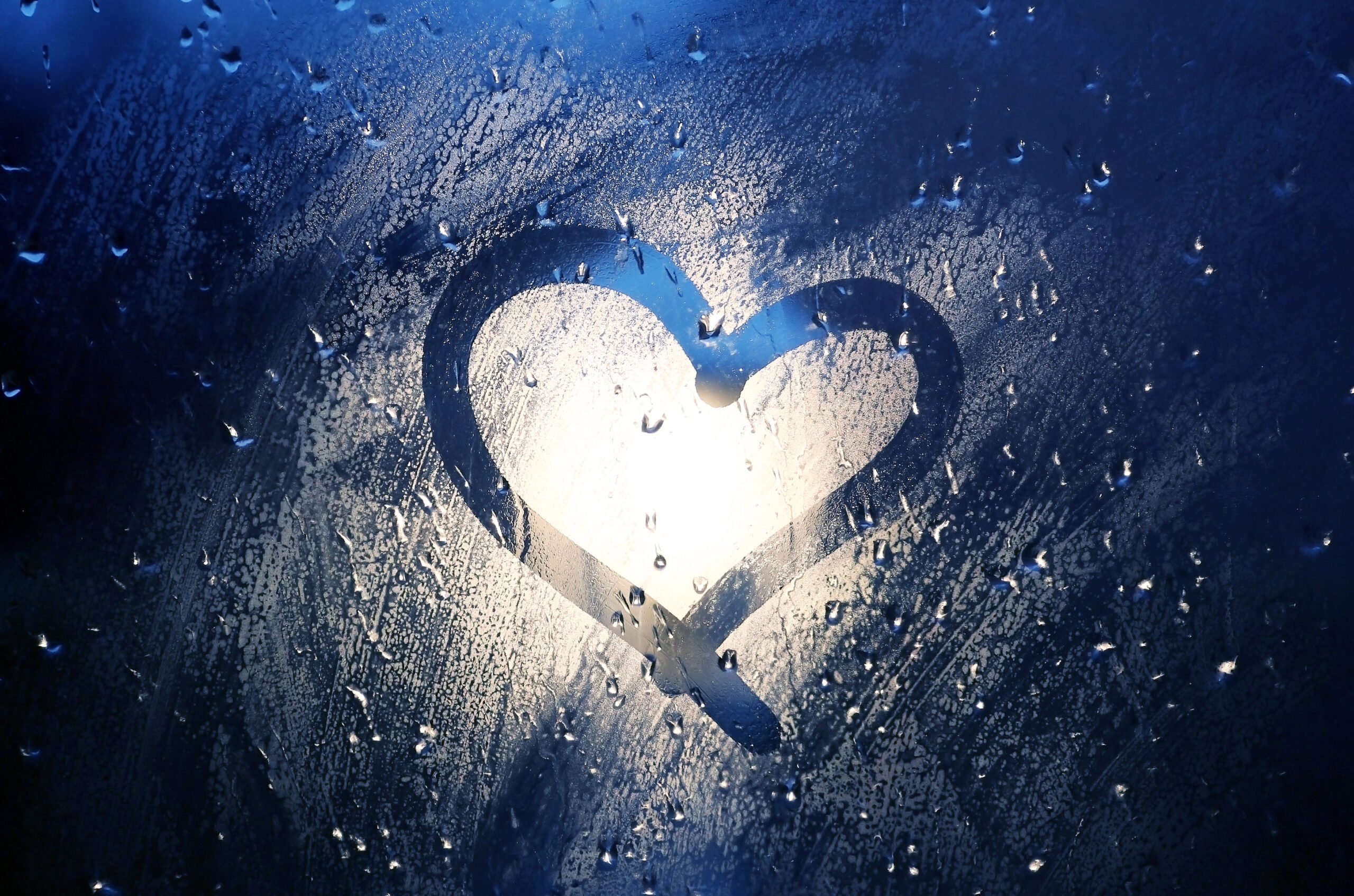This past weekend there was a significant, and deadly, U.S. white supremacist/Nazi terrorist presence in Charlottesville, where one person drove a car into a group of people, killing one and injuries others. Consequently, I was involved in a conversation on Facebook in the Awarepreneurs group about the responsibility that influential people have to use their platform to speak up for justice.
Several people in the conversation felt strongly that we shouldn’t be shaming others into taking action by naming names.
Really, the question centered over whether shame was present in the post, and, if so, whether it should be used.
There’s been shaming about shaming
Some argued that there was no shame in the post, that it was projected onto it. I made a different argument.
Many people in spiritual circles have somehow come to the conclusion that shame is always bad, and should never be touched. That it has no place in spiritual development, or in our lives. I disagree.
Let me be clear: shame can be EXTREMELY destructive when misused, and shame is almost always misused in our culture, the way almost everything is misused in our culture.
Shame is unhealthy when it is directed at a person’s essence, delivering the message, “You did the wrong thing because you are broken, your essence is bad, and you are unworthy of love or forgiveness.”
It’s wrong, it’s painful, and it is by far the most common way shame shows up. This kind of shame has been used to hurt many people.
However, by equating all shame to this kind of shame, and thus avoiding it entirely means that we lose one of the most powerful ways of waking up our hearts and our minds.
Healthy shame is remorse
Humans make mistakes. Not just accidental mistakes (oops, I dropped that glass and it broke!), but mistakes of judgment, mistakes in values. People believe that something is okay to do for months, or years, or all their lives, and then are woken up to the fact that what they are doing (whatever it is) is not healthy, and hurts people.
That waking up process can be painful. But it’s so necessary.
I’ve felt deeply pained when I have realized the ways I have acted unconsciously toward others. Racism, sexism, homophobia, classism, you name it, it’s all come out of me.
When I realized it, I felt ashamed. Not ashamed-broken. Not ashamed-unworthy. Just a deep sense of remorse for how I had acted, which gave rise to a commitment to learn, to grow, and to behave differently.
This is a healthy response! This was helpful to me personally, to the people around me, and, in some cases, to my business. Out of the discomfort, out of the shame came growth.
Not all growth is inspired by visions of angels and moving toward what we love. Some jumps out of stepping away from what is painful or unhealthy. Apple trees thrive when pruned with care. Not just random lopping off of branches in the middle of summer, but loving, caring, knowledgeable removing of unhealthy or unneeded branches.
I hope many people grow
The conversation we were having about social justice and business is a worthy one that has a lot of space in my heart. People in power, people with privilege, make a lot of mistakes, myself obviously included.
Don’t let an aversion to shame keep us from naming things that help all of us to wake up, and especially help to strengthen and protect our culture from hate and violence.
Don’t be afraid of shame
Just pay very close attention to the story that shame is telling you. Is it telling the story that you are bad, wrong, broken and unworthy? Flee the story, find your heart, and when you’ve regained a sense of love, go back and examine your actions. There may be something worth learning from.
Welcome in a healthy sense of shame, while cherishing your heart, and everyone’s heart, as the unbreakable, shining, and holy home of your pure essence that it is.
With love and appreciation,
Mark








10 Responses
I was there for that discussion and I loved what you said. I agree — we influence each other as a community through disapproval as well as approval. That list contained no personal attacks; it was literally a list of facts of what those leaders were doing. Conclusions were up to the reader. I thought it was powerful and timely.
Thanks for continuing to be a leader who I am proud to stand with and call friend.
I was there for that discussion and I loved what you said. I agree — we influence each other as a community through disapproval as well as approval. That list contained no personal attacks; it was literally a list of facts of what those leaders were doing. Conclusions were up to the reader. I thought it was powerful and timely.
Thanks for continuing to be a leader who I am proud to stand with and call friend.
Mark, it took me a while, but I was finally able to translate your article into something I can understand and embrace. LOL. I felt like I could have used a **trigger alert** prior to reading the article, so I could prepare my heart better to receive what you were saying.
Nonetheless, I get your point – remorse can be a healthy thing, leading to growth in many ways. We ought not avoid facing painful and unhealthy aspects of our selves (or the world), which stunts growth, but face them, and experience healthy, nourishing and transforming remorse so we can do better. This is a part of our journey – an important part. Thank you for that reminder.
I also know that you embrace me sharing my perspective without reservation, and so I want to do that too. Thank you for always supporting that and allowing room for me to be present in my own fullness.
—–
Personally, I want to take a clear, public and passionate stand for my personal belief that:
****Shame is never healthy. It is toxic, poison, violent and destructive. All-ways.****
Why do I believe this to be true? I believe shame is inextricably linked to exactly what you shared in the article, “it is directed at a person’s essence, delivering the message, “You did the wrong thing because you are broken, your essence is bad, and you are unworthy of love or forgiveness.”
There are two parts to the message shared there:
1.) You did the wrong thing.
2.) You are broken, bad and unworthy of love or forgiveness.
Both of those parts are what make up the experience of shame. The the toxic part can’t simply be magically removed and it still be called shame. Even in the statement itself there is a cause/effect (you did wrong *because* you are bad). I believe that, when dealing with the experience of shame, the two parts are inseparable, and therefore toxic.
Healthy shame is not remorse. Remorse is remorse. Two very different words and meanings – in definition, culturally, and in how they’re used.
Shame: I feel bad about what I did, and therefore I’m a bad person.
Remorse: I feel bad about what I did.
In your story, you didn’t experience the toxic aspect of shame. That is why what I believe you really experienced was remorse. Period. Not, “healthy shame.” Words matter to me, and I needed to make this point for myself.
I shudder at an article that espouses anything related to shame as healthy.
(It would feel incomplete for me to share that I actually think the title of the article is just a poor title. I don’t think the article was actually about shame at all, really. I think it was about, “The Healthy Role of Remorse in Business (& life). That’s how I translated the article in my own heart.)
And, I also want to my personal take that shame was indeed not a part of what Kelly Diels posted. As Rachel said, she simply stated facts. She acknowledged what people were doing. (I could impute or infer shame, but that’s my own personal journey.)
Her acknowledgements also became host to a dialogue that included shame and shaming as a part of it (in comments). There was inaction and silence (at least publicly) in response. Kelly posted on her wall just today, “Love is not: inaction, silence, complicity.” Certainly interesting to ponder.
I have experienced deep shame for the vast majority of my life – from the moment I was born into this world, until just ten years ago, I lived in a swamp of shame. It’s who I was and how I came to know myself. It came from within, it came from my parents. It came from the cult I was raised in. I came from almost every “friend” I knew. I know it more intimately than I can even express.
Shame is never healthy.
I know a lot of people who connect with Heart of Business who experience shame. I read it in their emails, listen to it on calls, and can feel it in their hearts.
I want to tell each of you that I understand. I really get how that feels. Shame NEVER feels like anything but how horribly unlovable and unworthy of goodness we are.
Please, please, please know that you are always lovable and worthy.
You don’t have to be anything other than who you are right this moment to be lovable and worthy.
Lots of people will shame you into thinking that if you don’t post something on Facebook, you’re somehow unworthy. Please don’t believe them – it’s not true. Trust me, once you post something on Facebook, they’ll shame you into doing something else. That’s not true either.
Please… Do all that you can to bring goodness into the world and help love triumph over hate. All-ways. And know, despite what anyone will tell you, that when you’re doing all you can in each moment – whatever that is – you are deserving and worthy of all the love available.
If you find ways that you could have done better, then allow yourself to feel remorse and an even deeper sense of grief, perhaps. This is healthy, and it is from this place that we can find the deeply rooted strength needed to grow and do more in a healthy way, that doesn’t hurt us or others.
If you’re feeling shame – I know it doesn’t feel healthy. That’s because it’s not. Don’t embrace it as such.
I view shame like chemotherapy. That shit’s toxic. And, you might come out cancer free on the other side, but there is no denying the poisonous and toxic effects – they take a toll too.
So if you’re feeling the burn of chemo-shame… as Mark shared in the article, “find your heart.” “Cherish your heart, and everyone’s heart, as the unbreakable, shining, and holy home of your pure essence that it is.” Your essential and inherent goodness, wholeness and worthiness is within you. Even if you can’t connect to it, that’s okay too.
Rest in the fact that Oneness hasn’t given up on you. Neither have I.
In love and kindness,
Steve
In a deep bow towards you, Steve Mattus. Everything you’ve written articulates my thoughts and feelings about shame, and I am moved to tears – sobbing, actually – at everything that follows your words, “I have experienced shame for the vast majority of my life”.
I’m sure you know this already but you’re not alone in this experience, and thank you so much for reminding me that I’m not alone in it either, Steve. Thank you.
Thanks, Anya. We are not alone. And love is available, even here.
hi steve and hi mark!
first, thanx for opening this thought and conversation about shame.
i just watched a video presentation on healing shame with Sheila Rubin, LMFT and Bret Lyon, Phd on Sounds True Self Acceptance Summit. they spoke about healthy shame and toxic shame. wow! the main point i got was that what makes shame toxic is the response or “repair” to shaming. shaming happens sometimes as an opportunity for growth. it is worth watching the video. the example that was given was an adult yelling to a child in the street “get out of the street!!!” and when the child comes back to the adult, the adult apologizes for yelling and explains to the child the need to protect, etc. healthy shame. whereas toxic shame would be to further yell and punish the child after the fact. i think the first example leaves room for empathy and compassion, where the second diminishes the person.
watching the presentation reminded me to stay present in my response to shame and notice whether the shame is a trigger from the past or response to a present action and opportunity for growth.
I, too, have been part of the recent discussions Mark mentions. I think it’s great to encourage accountability amongst our spiritual leaders.
Kelly’s work focuses on women she identifies as selling the “female empowerment lifestyle brand”, and I applaud her work.
I would like to expand the accountability towards ALL genders, to ensure that we don’t hold women leaders to a greater level of accountability than their male counterparts.
We need white leaders of EVERY gender to relieve the burden from POC/LGBTQIA/differently abled people from securing social justice and equality.
It’s hard to identify an equivalent group, but the names offered in the discussion were the following, and here’s what they posted on August 13th;
Frank Kern – hasn’t posted on FB since 23rd May, Twitter since 6th Jan
Eckhart Tolle – can only find a fan site on FB, and Twitter appears to be the same (tweeted a quote image about inner stillness on the 13th)
Tim Ferris – FB – a music track, leader’s bookshelves, WSJ link on a poker player, blog post with BJ Novak on the creative process, and how Gabby Reece stays in shape for volleyball at the age of 47. Twitter – the same, plus a couple more in a similar vein.
Gary Vaynerchuck – FB -an image quote “positivity always wins .. always” with the comment “Always … f*ck hate”. Twitter – a plug for his podcast, and a short video of him coaching (“you already know what you have to do”)
Tony Robbins – FB – posted a photo of him laughing with his rottweiler on August 13th. Twitter – a tweet about “Team Liquid”
None of them, other than Gary V’s oblique comment, have made any comment via social media on the events of Charlottesville that I can find.
Is it me, or is that disappointing? 🙁
Hi Mark. I think I understand – and basically agree with – the distinction that your are making, but I am not sure it is helpful to call both things shame. Brené Brown would, I think, call the thing you are calling healthy shame, guilt rather than shame. I have found her work, and this distinction as she makes it, very useful in navigating this territory. If you’ve not already seen her TED Talk (or read one or more of her books), I invite you to take a look and see what you think. Here are links to The Power of Vulnerability: https://www.ted.com/talks/brene_brown_on_vulnerability, and Listening to Shame: https://www.ted.com/talks/brene_brown_listening_to_shame.
Namasté,
Tasha
Thank you Mark and Steve for your powerful words and vulnerability. Beautiful. And I agree, shame is not healthy. I love the distinction between shame and remorse. So helpful.
I would like to add that in my experience, when meeting my shame which feels like a very heavy dark, toxic place, if I flee it to find the light, there is no healing or integration. On the other hand if I collapse into it, I’m lost in the toxicity. I feel we need to touch our shame but with the light of awareness to know that this is not who we are. So as you both say… access that light, remember who you are first.
I am learning to be able to feel it without collapsing into it or fleeing it. I believe that is where the true healing lies, because shame was once a healthy response to trauma we couldn’t handle. It was easier to make ourselves wrong and bad than risk losing those we were dependant on for survival. But our shame isolates us, we dissociate, we separate. So the risk in treating our shame as purely toxic, is that we may further isolate the younger one that is holding that shame… holding the identity of ‘I’m bad and flawed at my core’. She is not toxic. The emotional energy she carries is, because was never held with love. It’s disconnected from the light.
And of course that’s why we need the light first as you say. We need to have enough reSourcing (which can include being held by another) to hold a sacred space within ourselves to feel it and hold it, so the one who is carrying it can be fully seen and witnessed in her experience…. and brought home into a field of love and safety.
Thank you for this deeply nourishing inquiry. It comes after an experience of meeting my own shame in a business context … and as a leader it’s territory that is very challenging to navigate whilst staying visible. Thank you both, with much love. Joey
thnx mark for posting such nice words and telling us about how shame is not healthy… thnx stay blessed 🙂